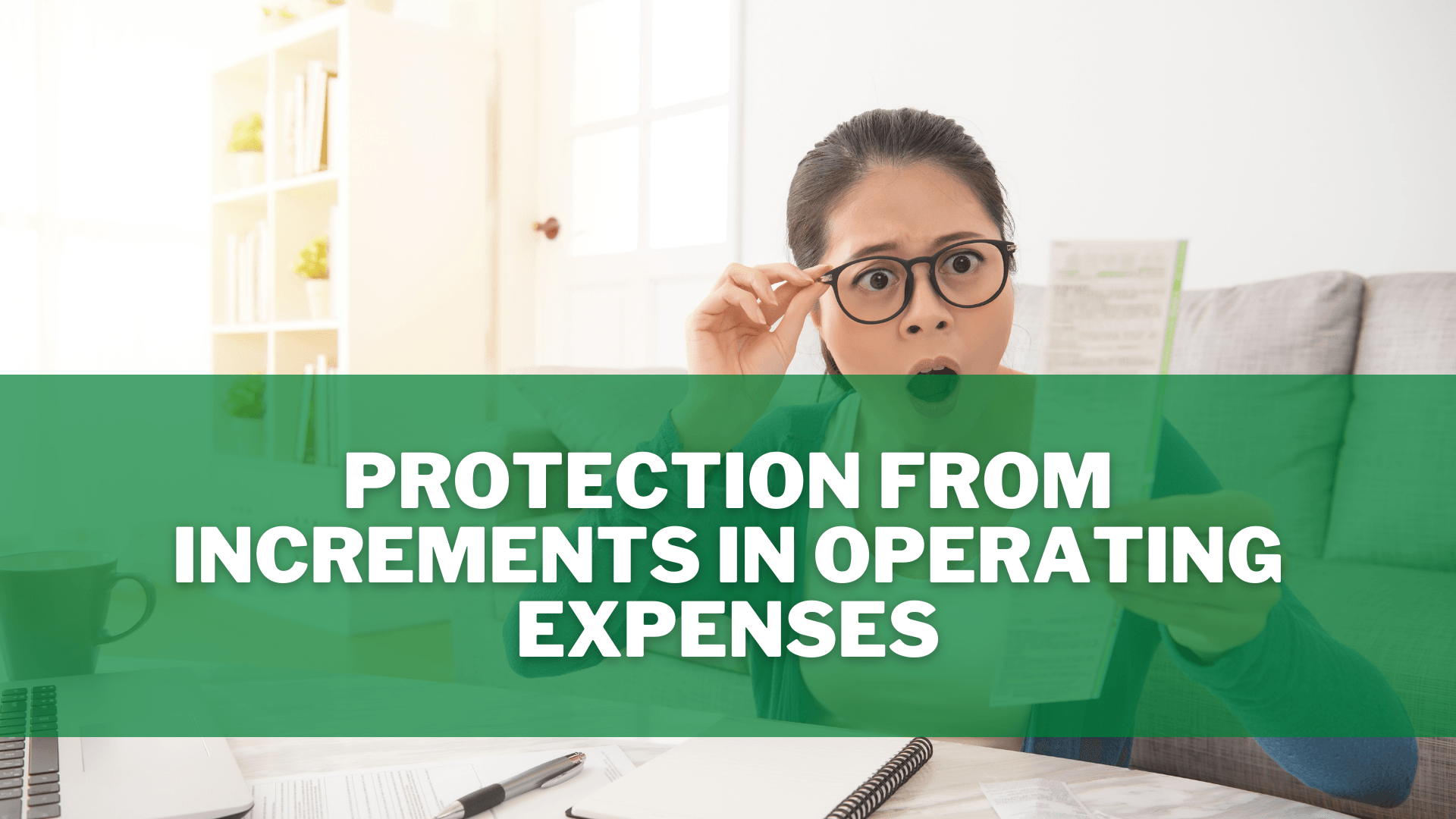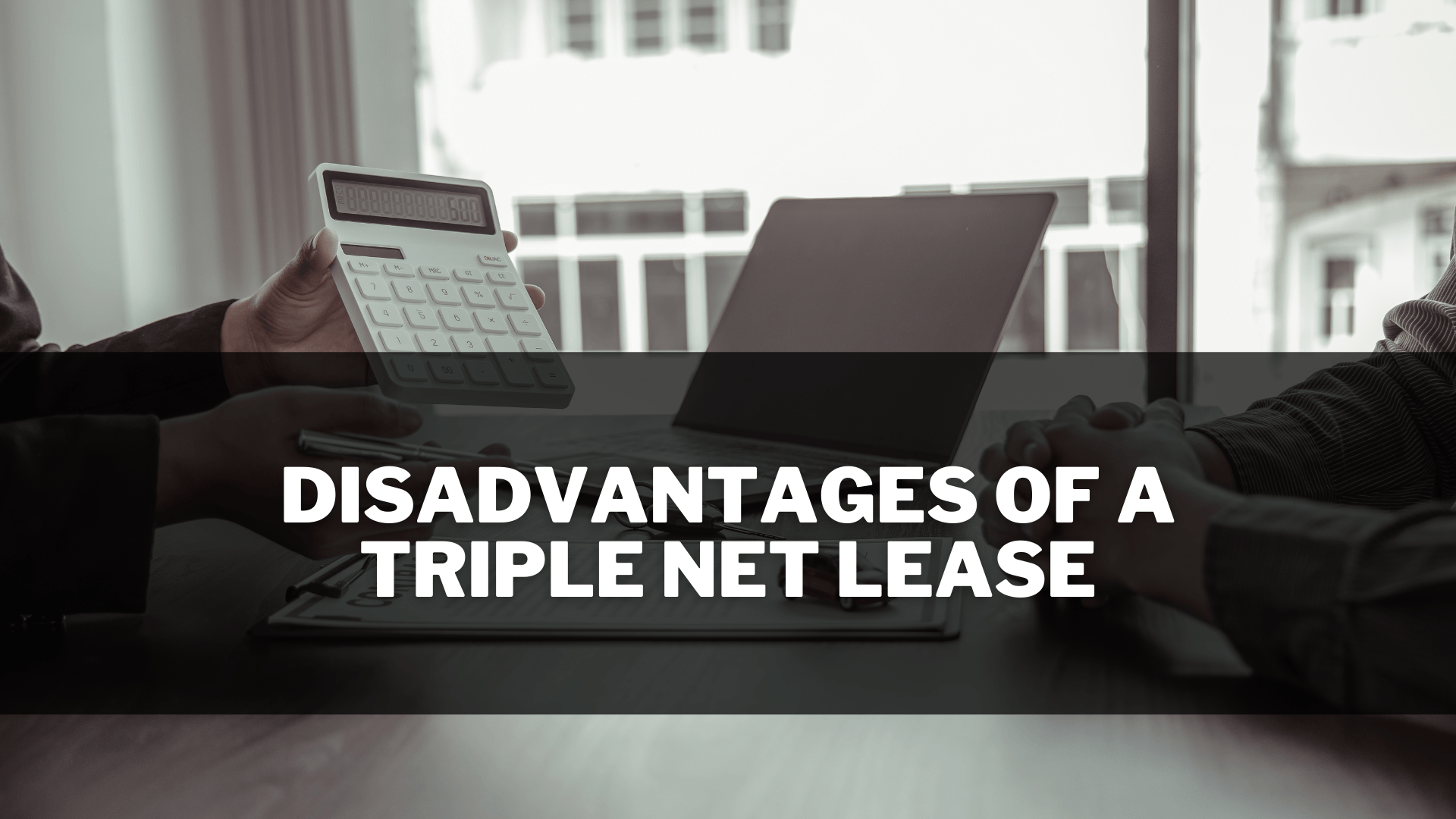What You Need to Know About A Triple Net Lease!

If you’re looking for retail, industrial, or office space you’ve likely come across variations of lease structures from which you can choose. More often than not these lease structures are drafted in commercial real estate terms alien to you. It’s risky to get into a lease agreement as a landlord or tenant without having a proper understanding of the nuances and what it involves. At Authority Property Management we are passionate about helping our clients in Redding, CA, and beyond understand these lease structures in order to safeguard their business interests.
Having said that, in this blog post, we’ll explore the topic of a triple net lease, what it involves, and its advantages and disadvantages. Our objective is to arm you with reliable information to make an informed decision when considering a lease structure.

A triple net lease is commonly known as an NNN lease, it is the opposite of a gross lease and it places responsibility on the tenant to make three payments in addition to the rent. In this lease structure, the tenant agrees to share in all expenses associated with property maintenance, taxes, and insurance.
Property maintenance, taxes, and insurance are known as operating expenses. These expenses are needed to maintain and operate
commercial properties such as rental centers or office buildings. In this lease structure, your yearly rental obligation is your gross rent plus the aforementioned operating expenses.
What’ Does a Triple Net Rental Rate Entail?
In a triple net lease, the rental rate that is agreed upon by both parties(tenant and landlord) essentially belongs to the landlord. This money is where profit is made or it can be used to cover any debt on the property.
More so, when a tenant agrees to pay operating expenses in addition to the base rent, the operating expenses will be paid based on an estimated rate. Landlords cannot make profits from operating expenses and the reason for this is that the tenant is only responsible for paying the actual cost needed to operate the property throughout the year.
Keep in mind that a triple net lease is different from a full-service lease structure. In a full-service lease structure, the tenant is required to pay a predetermined rate that includes operating expenses.
One of the benefits of a trip net lease is that if the landlord overestimates the operating expenses, the tenant is not obliged to pay that rate. Moreover, If there’s a reduction in the operating expenses of the property it will reflect in your gross rent. It’s important to note that operating expenses aren’t fixed sums, what you paid previously isn’t what you’ll pay subsequently, these expenses vary from year to year. For this reason, it can be difficult to plan and budget for yearly rental expenses.

A triple net lease has its fair share of pros and cons. Depending on what you’re looking for and how it best serves your interest, a triple net lease might be a suitable lease structure for you. Here are some of the advantages and disadvantages of a triple net lease.

If you’ve heard about the proverbial “mailbox money” phrase in real estate, you probably know that triple net leases are a perfect representation of it. When it comes to passive income, triple net investments are reliable sources of it. Not only are NNN investments top-performing but they are structured in such a way that the guarantees are backed by tenants with strong credit.
If a landlord utilizes the services of a property management firm and they are tasked with the responsibility of collecting rent and managing the property. This means that their physical presence isn’t required and they’ll have very little to do with the property.

In a triple net lease, there are three responsibilities that are required of the tenant, property taxes, building insurance, and common area maintenance. When a tenant goes into such an agreement they are required to pay a proportionate share of operating expenses. In most cases, property management is covered under common area maintenance, this enables the landlord to focus on other things and it gives them minimal responsibility when it comes to the maintenance of the property.

Many investors purchase triple net investments because it protects them from potential increases in operating expenses. From a business-savvy point of view, it makes sense for investors to opt-in on triple net investments. Investors and landlords are not responsible for expenses associated with the management and operation of the property, these responsibilities are relinquished to the charge of the tenant who benefits from them. If operating expenses go up, landlords have nothing to worry about because they wouldn’t be on the hook to make up the difference.

Single-tenant deals with regional and national credit tenants tend to come with long durations of occupancy. Some of these deals are triple net properties and the leases can be as long as 10, 15, and even 20+ years. However, these long-term leases depend on the tenant, the type of property, the build-out, etc. Deals like this are lucrative and convenient for most landlords and investors because of the certainty of collecting rents over a long period of time. More so, landlords wouldn’t be saddled with the responsibility of replacing vacant units.


NNN leases typically come at fixed rental rates for long-term tenants. This is the reason why a value-add investor may not be able to increase and maximize the income potential or value of the property.
Even though it is quite a feat to achieve, we cannot rule out the possibility of it being done. For this to be achieved, the landlord will have to wait for the lease to expire or for the tenant to move out before they can make updates and increase the rent.
Triple net leases are for investors who love steady cash flow especially when it comes from a secure investment that generates passive income. The downside to this is that there is little room for a greater upside. On the other hand, for investors that look for opportunities to maximize their yields,
triple net investments may not be too appealing.

This is a huge downside to some investors. With single-tenant net leases, some specifics can be tailor-made to the needs of the current tenant. Unfortunately, the specific needs of one tenant might not be the same as those of another. Consequently, it might be difficult to re-lease the space.
Let’s assume the next tenant who occupies the space has different needs. They may want the floor plans to be adjusted, or they may request for roll-up doors to be added in. These changes aren’t free, as a matter of fact renovating the space can be costly for the landlord. Given the nature of these leases, changes like this are not one-offs, they can occur every time a lease expires or a tenant moves out.
Final Thoughts
People have different needs and preferences, this is why some people find a triple net lease ideal and others don’t. Before choosing and implementing a lease structure, it is advisable to seek professional input from a seasoned property manager, your attorney, and your CPA. An educated choice will enable you to choose the lease structure that works best for you.
That said, there’s no doubt that triple net leases come with numerous benefits for landlords and investors. This is why it is commonly used for retail spaces, restaurants, office buildings, and
industrial real estate.
Share this post with a friend!
Disclaimer: The content on this blog is for informational purposes only and is not intended as legal or advice. Consult with a qualified professional for specific advice.


























